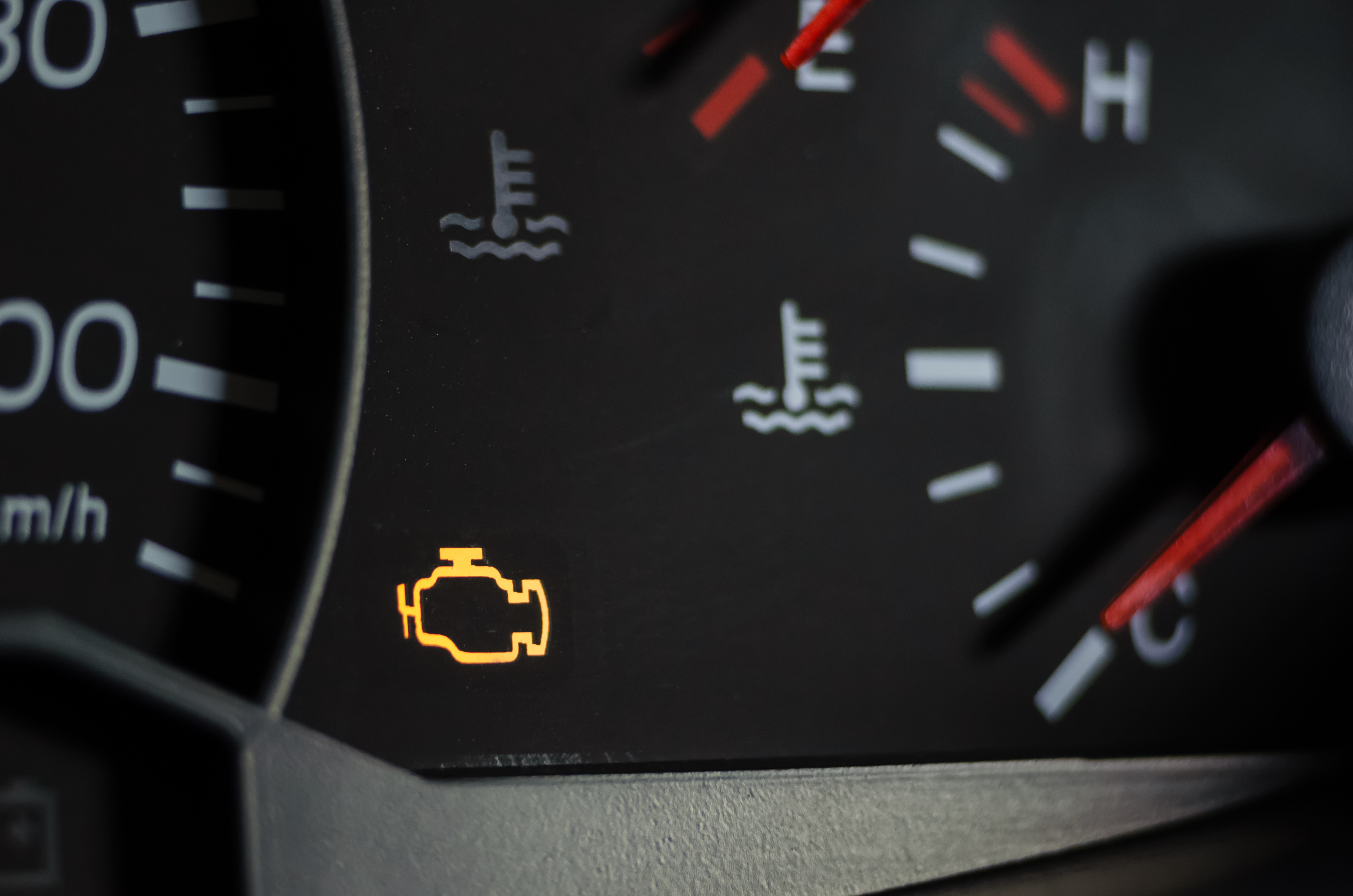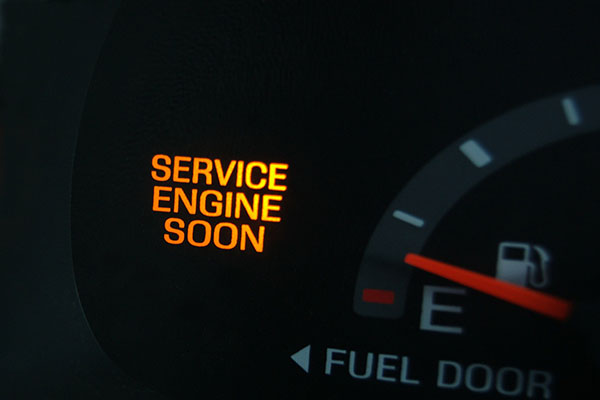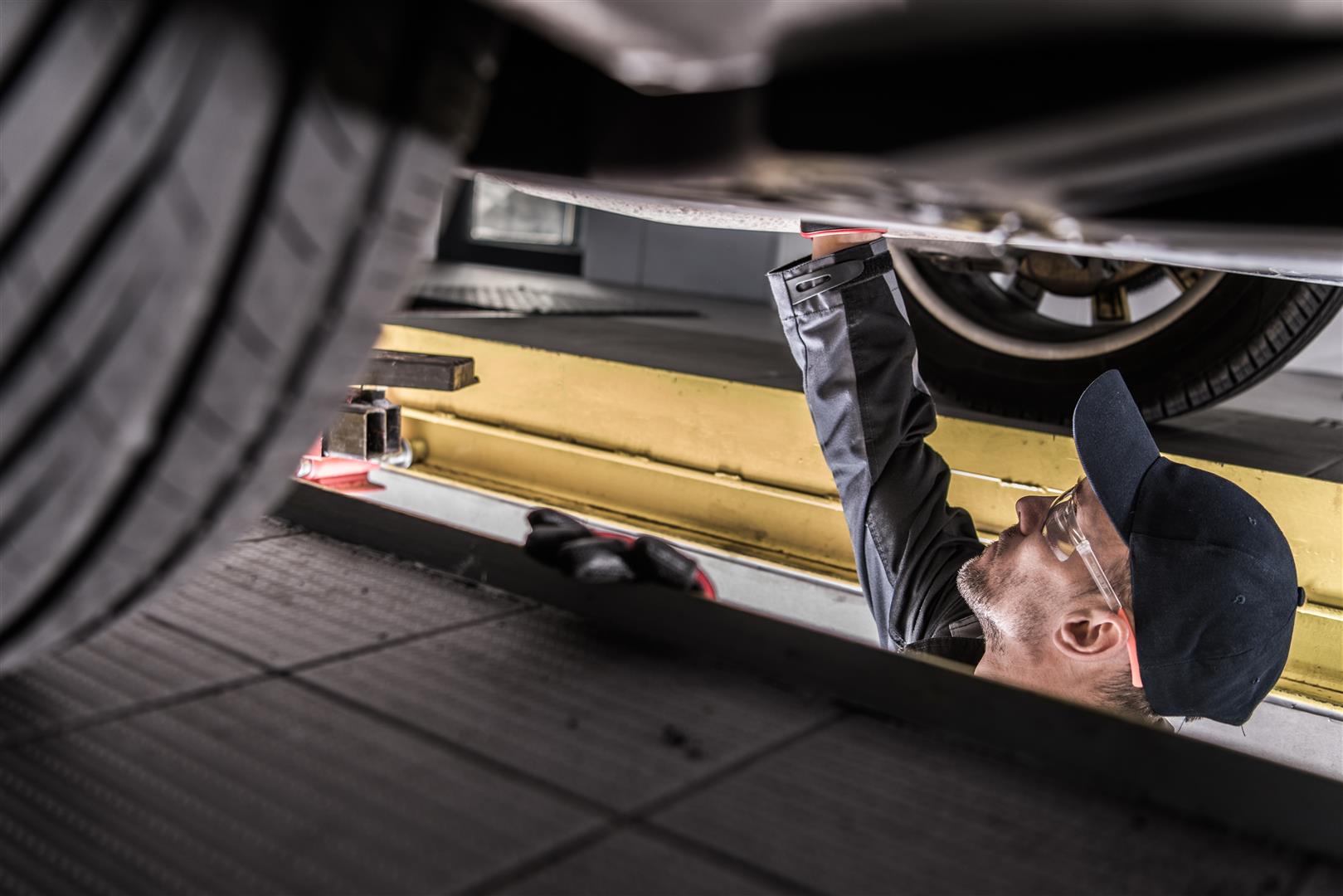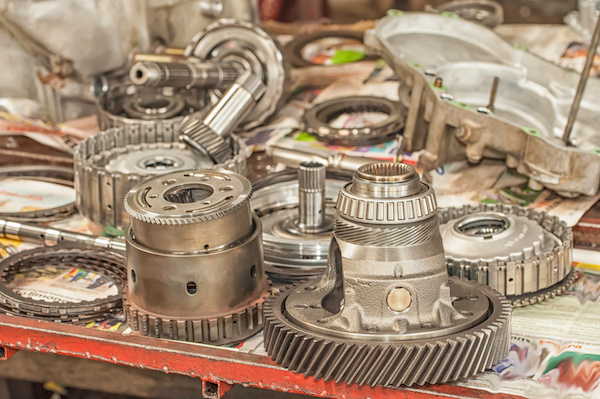Posted on 5/31/2023

One dreaded sight for any car owner is the check engine light. It can appear suddenly, leaving you wondering whether it's safe to continue driving or if it requires immediate attention. In this blog, we aim to shed light on the question: Is it safe to drive with your check engine light on? Let's explore the factors involved and provide some guidance for your peace of mind. Understanding the Check Engine Light The first thing we have to know - the check engine light, is part of your vehicle's on board diagnostics system. It illuminates when the system detects a potential issue with the engine, emissions, or other important components. It's important to note that the check engine light does not indicate the specific problem, but rather a general warning that requires further diagnosis. Immediate Action vs. Continued Driving When the check engine light comes on, it's crucial not to panic. In some cases, the issue may be minor or te ... read more
Posted on 4/29/2023

As a responsible driver, it's important to pay attention to the various warning lights on your vehicle's dashboard. These lights serve as crucial indicators, alerting you to potential issues that require immediate attention. Ignoring these warning lights can lead to more significant problems and even compromise your safety on the road. What does this blog cover? Check engine light Battery warning light Oil pressure warning light TPMS light Brake system warning light Check Engine Light The check engine light is perhaps the most well-known, feared and commonly encountered dashboard light. It typically appears as an illuminated engine symbol or the words "check engine." This light can indicate a wide range of issues, ranging from minor to severe. Some common causes include a loose gas cap, a faulty oxygen sensor, or a malfunctioning catalytic converter. When the check engine light illuminates, it's essential to have your ... read more
Posted on 3/27/2023

When it comes to understanding how your vehicle works, the drivetrain is an essential segment that you should familiarize yourself with. Simply put, the drivetrain is the system that connects the engine to the wheels, allowing your car to move. It includes a variety of different parts, and understanding how each piece of the puzzle works can help you better maintain your vehicle. Here's an overview of the different parts that make up your vehicle's drivetrain:Transmission: The transmission is responsible for controlling the amount of power that is delivered from the engine to the wheels. It allows you to shift between different gears, adjusting the amount of power and torque that is being delivered to the wheels. Driveshaft: The driveshaft is a long, tubular component that connects the transmission to the differential. It transmits power from the transmission to the differential and the wheels. Differential ... read more
Posted on 2/27/2023

As your child comes close to the official driving age, you have feelings of stress or anxiety. On the other hand, your teenager may be feeling all the excitement in the world. Preparing your teen for the open road is a huge accomplishment. We are happy to share some of these fantastic tips to ensure your lessons go smoothly. Tip #1: Start in a Safe and Open Area You should pick a safe environment to start your teen behind the wheel. Most people tend to go to an empty parking lot or a quiet residential neighborhood, where there is little to no traffic. It can help your teen feel more comfortable. Tip #2: Be Patient Learning can be tough at first, which is why your teen may feel anxious behind the wheel. It is key that you stay calm, cool, and collected. Encourage your teen to relax and tell them that they are free to ask any questions at any time. Tip #3: Go Over Defensive Driving Defensive driving is a vital skill for all drivers, including those that are just starting out. Teach ... read more
Posted on 1/31/2023

The transmission is one of the most vital components of your vehicle. It is in charge of transmitting power from the engine to the wheels, allowing your car to move. However, just like any other mechanical component, transmissions require routine maintenance to keep them running smoothly. In this blog post, we will discuss some key tips to help you maintain your vehicle's transmission and avoid costly repairs. Check the transmission fluid regularly: Transmission fluid is essential for lubricating the moving parts of the transmission. It also helps to cool and clean the transmission. Low transmission fluid levels can cause serious damage to the transmission, so it's important to check the fluid level regularly and top it off as needed. Check for leaks: If you notice any fluid leaks under your vehicle, it could be a sign that there is a problem with the transmission. Leaks can occur due to worn-out seals or other issues. It's important to ... read more